An Interview with Grace Marshall
In this episode, Richard talks to Grace Marshall, Productivity Ninja and award-winning author of four books, including the best-selling “How to be Really Productive”. They chat about productivity and her new book, “Struggle.”
She describes herself as naturally disorganised, but managed to start her business while raising two children. Her clients kept asking how she did it, so she decided to share her advice with them.
Grace explains that she had the idea for her new book, “Struggle: The Surprising Truth, Beauty and Opportunity Hidden in Life’s Shittier Moments”, three years ago.
“We often think of productivity as efficiency, about speed and getting things done. Of course it is, but we can see struggle as an obstacle. We’re failing somehow. We all struggle but it’s taboo, and I wanted to challenge that”.
She describes the book as a cross between self-help and business. It’s very personal but it’s also practical. “You can use it to make you feel better and see things differently when you’re middle of a crisis.”
**please note, this interview contains several uses of a mild profanity**
Why People Struggle to Get Things Done
Procrastination is a very human thing. We want to avoid things that are boring and scary, Grace says. “When we notice ourselves procrastinating, we can accept it as normal. And that takes the pressure off.”
Worrying about something hard takes up a lot of headspace and weighs us down. We need to be curious rather than fearful. How can we break it down? How can we accept that it’s new and scary but not bad? You’re stretching yourself and growing.
Sometimes when we feel like we’re procrastinating, or we’re struggling with something, and we think, ah, does that mean that I’m in the wrong place? Does that mean I’m not sure that I shouldn’t be doing this at all? Actually, the opposite is true.
How to Take a Step Back From Struggle
Grace describes three steps you have to take to shift your thinking. The first is to recognise you’re struggling. Something is hard and you’re trying to fix it.
Our primitive, ‘lizard brains’ try to protect us from threats by encouraging procrastination. We think in fight or flight mode – push through (fight) or avoid it (flight).
Next, get curious and start asking questions. This is a brilliant antidote to fear. What is the problem you’re having – what do you think it is? Could it be something else – an opportunity rather than an obstacle?
Finally, stop looking for certainties. Move away from black and white thinking and look wider. What could your challenges mean for you that would be positive instead of negative? This lets us be more creative and innovative.
How to Recognise Stress
When you’re feeling fearful, it’s easy to mistake that for an attack. Grace says that learning to notice those feelings will help you realise you’re stressed. You can change how you respond to feelings of panic and uncertainty.
When we change our perception of what’s going on and how we feel, we change how we experience it. We change what we do in response. And we can start to recognise stress in others. That allows us to be compassionate and support them too.
The Fast Brain vs the Slow Brain
The idea of the fast and slow brains comes from Daniel Kahneman’s book Thinking Fast and Slow. He calls them system one (fast brain) and system two (slow brain). Fast brain looks for patterns and jumps to conclusions. That’s how we’re efficient and productive.
System two is our slower brain. It’s more considered, takes data into account and takes time to figure things out. It uses a lot more resources, but it tends to be more accurate.
So when it comes to productivity and business building, when we do the things we know well, we use our fast brain quite well. But when we’re dealing with something new, we need to take our time and look deeper, we need to use our slow brain.
Why High Achievers put too Much Pressure on Themselves
Sometimes we can use productivity to beat ourselves up. Which is probably the least productive thing we can do! High achievers sometimes put a lot of their identity in achieving. They don’t know who they are if they’re not doing well.
We don’t allow ourselves grounds to not be the expert. We don’t allow ourselves that space to learn something new. And, we fear not having the answers, but we need leaders to be willing to say they don’t know. And then finding out alongside their teams.
The Importance of Rest and Rhythm to Deal with the Struggle
Grace uses the term ‘work/life rhythm’ rather than ‘work/life balance.’ “Balance always feels like accounting, and if one is balanced the other isn’t. But rhythm is like a dance. There’s a mix of fast and slow.”
Work never ends, so you have to put in your own finish lines. Technology enables us to be 24/7, but human beings can’t really do that. Recognise that you’re at your best when you’re rested. Don’t just keep pushing through.
It’s not sustainable and it doesn’t help you to do your best work. You’ll end up ground down and can’t see the bigger picture. Taking time to rest means you come back with more brain power and capacity for work. Otherwise, you can do more damage than good.
How to Connect with Grace Marshall
- Grace Marshall’s Website
- Follow Grace on Twitter
- Follow Grace on Facebook
- Connect with Grace on LinkedIn
How to connect with Me
- Subscribe to TubbTalk RSS feed
- Subscribe, rate and review TubbTalk in iTunes
- Subscribe, rate and review TubbTalk on Stitcher Radio
- Subscribe and rate TubbTalk on Spotify
- Follow TubbTalk on iHeartRadio
- Follow @tubblog on Twitter
Mentioned in This Episode
- Grace’s new book and website
- Grace Marshall: 21 Ways to Manage the Stuff that Sucks Up Your Time
- Grace Marshall: How to be REALLY Productive: Achieving Clarity And Getting Results In A World Where Work Never Ends (Brilliant Business)
- Richard Tubb: The IT Business Owner’s Survival Guide: How to save time, avoid stress and build a successful IT business
- Daniel Kahneman: Thinking, Fast and Slow
- David Allen: Getting Things Done: The Art of Stress-free Productivity
- Graham Allcott: How to be a Productivity Ninja: UPDATED EDITION Worry Less, Achieve More and Love What You Do
- Think Productive




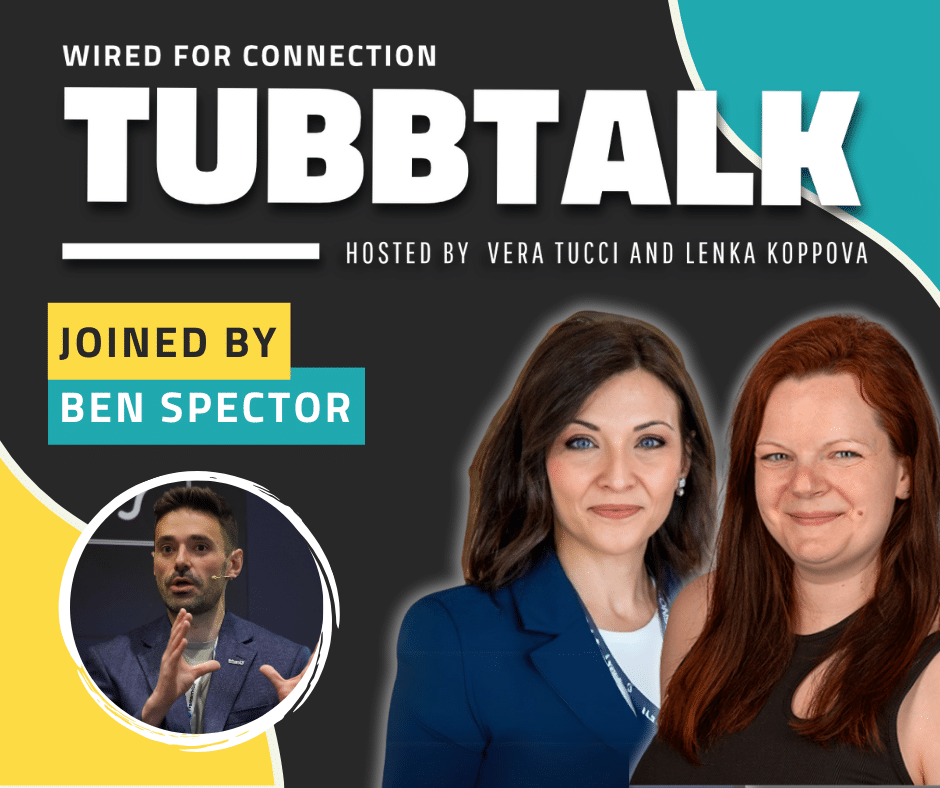



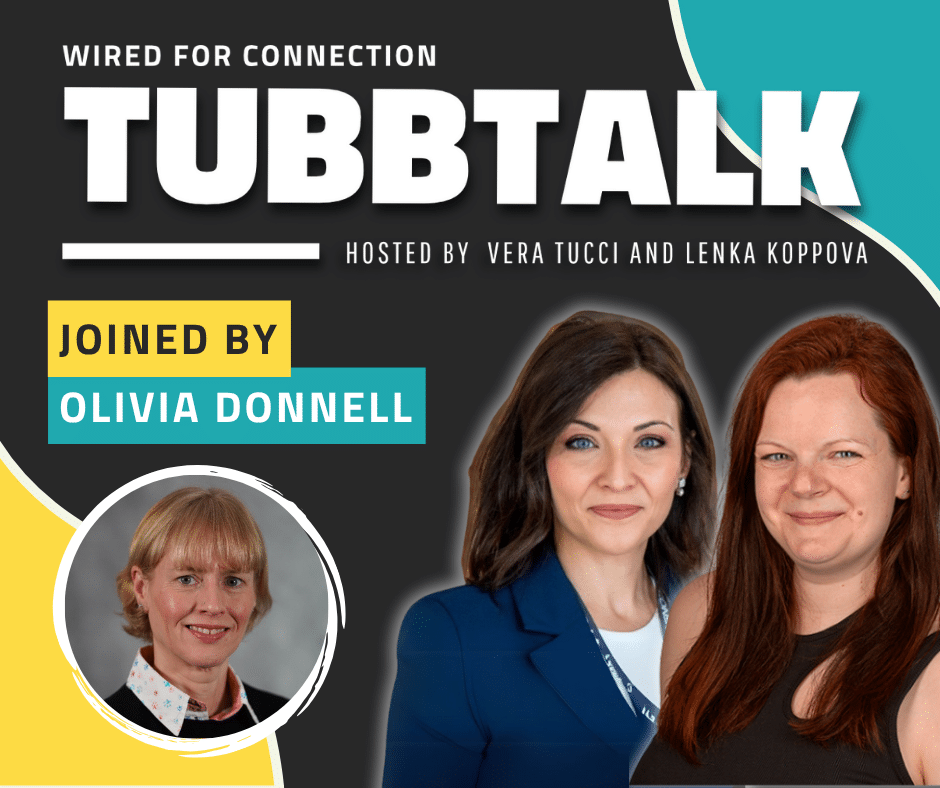
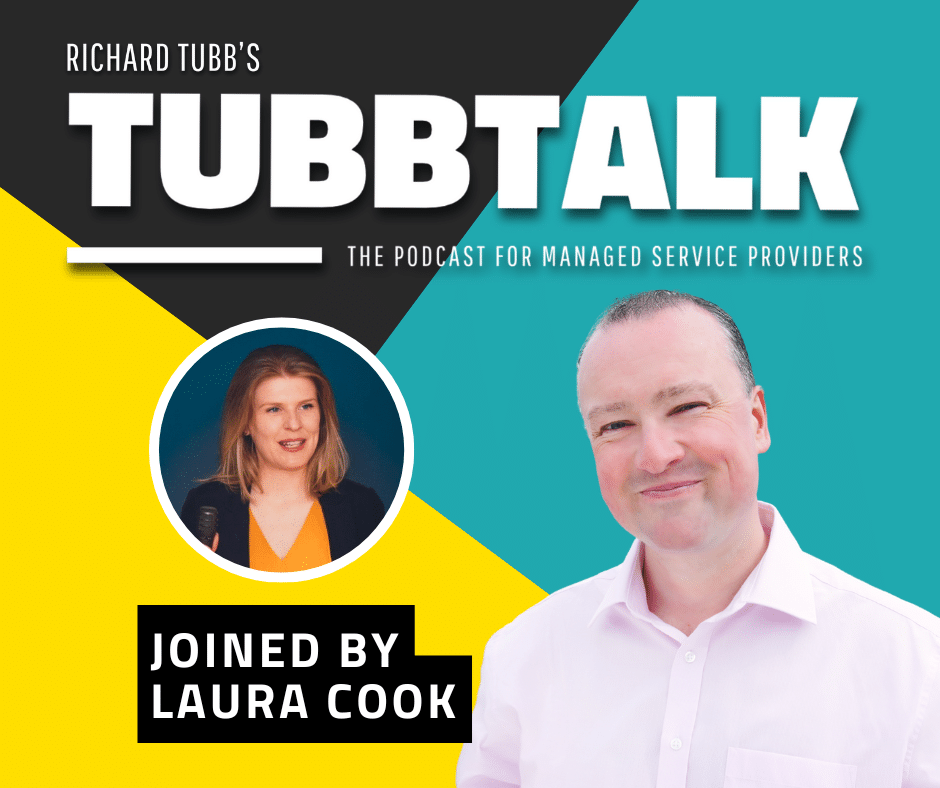

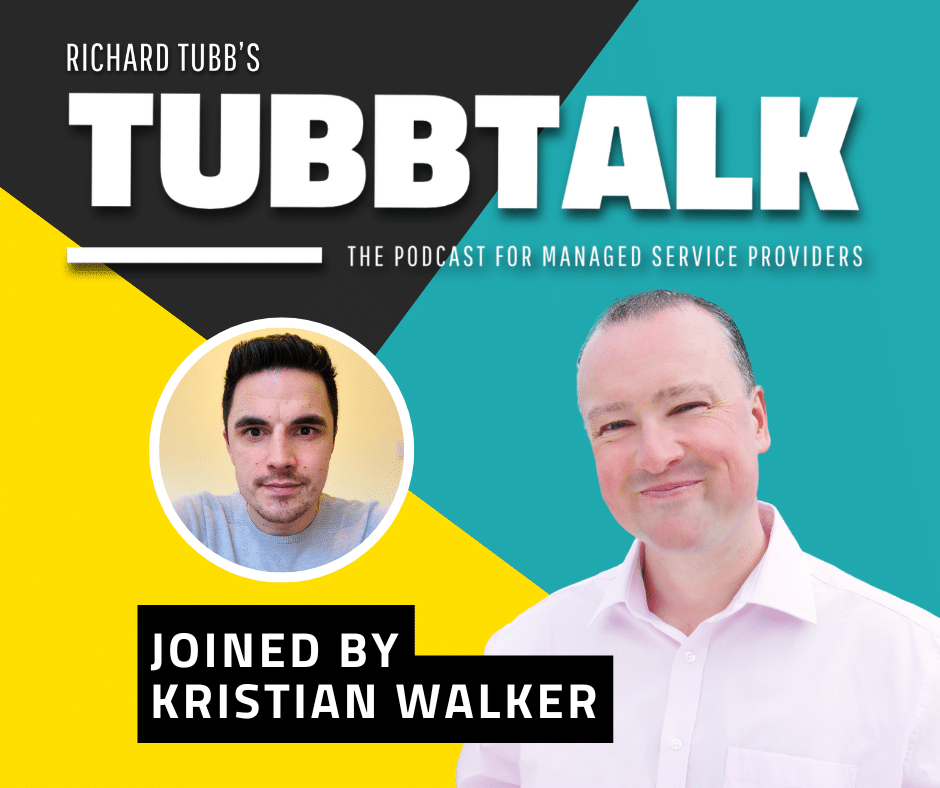
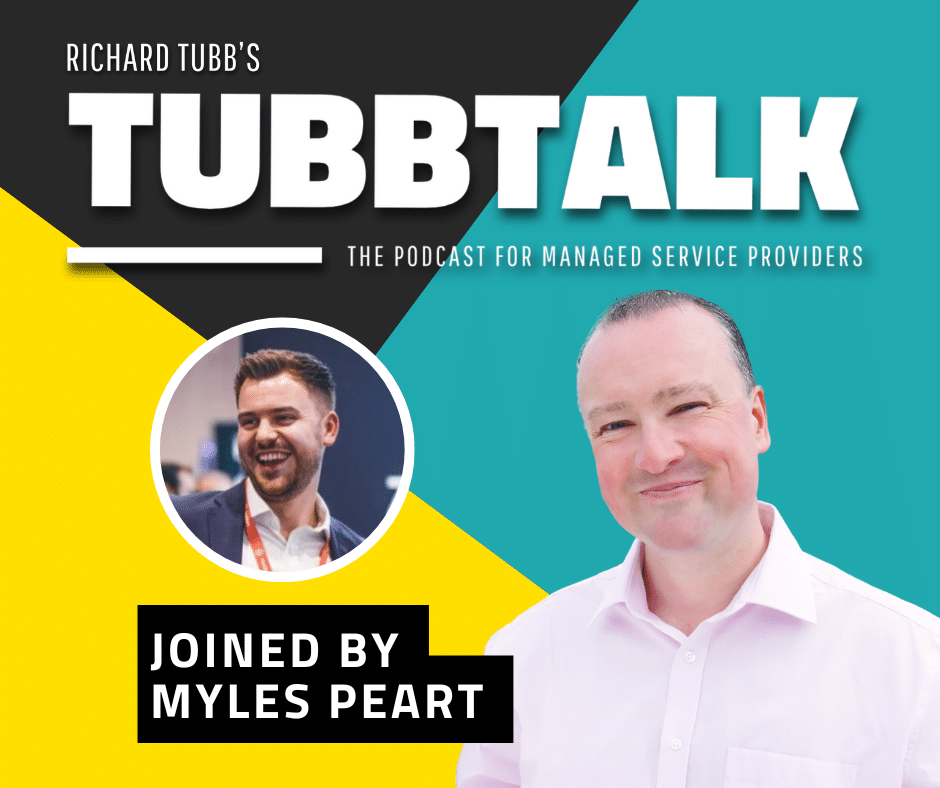

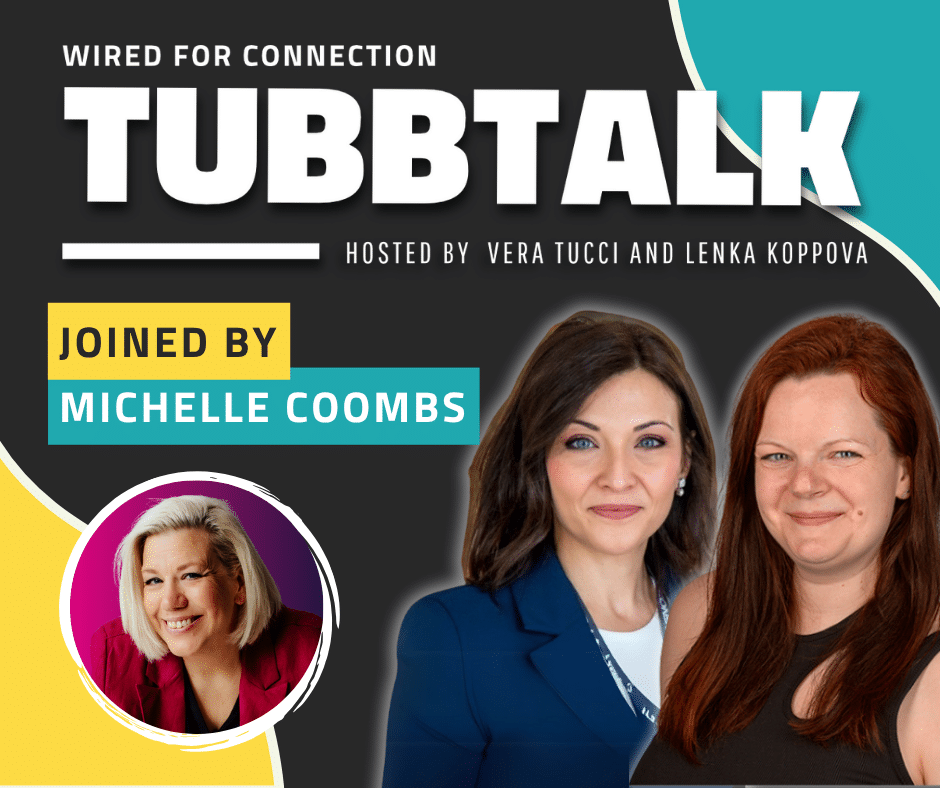
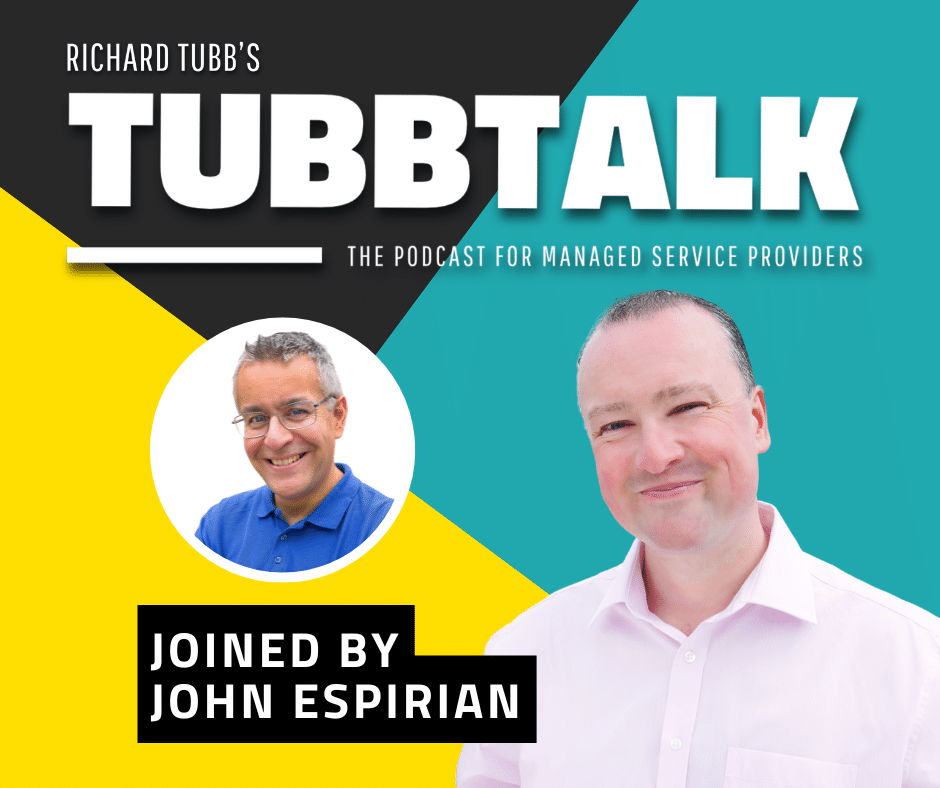

Comments